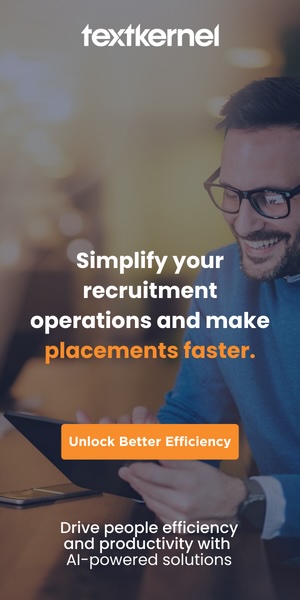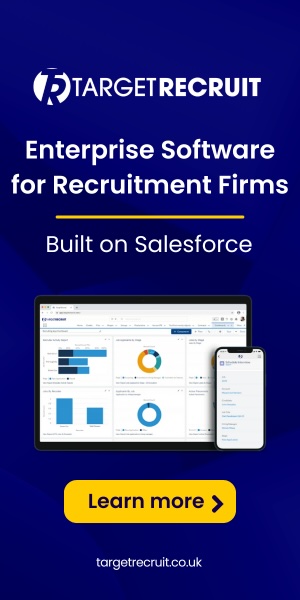AI-powered chatbots could possibly displace jobs
Following the resignation of “Godfather of AI”, Geoffrey Hinton from Google earlier this week to speak out about the “dangers” of the technology he helped develop, as pushed generative AI even further into the spotlight.
Hinton’s decision to step back from the company and speak out on the technology comes at a time where a growing number of lawmakers, advocacy groups and tech insiders have raised alarms about the potential for a new crop of AI-powered chatbots to spread misinformation and displace jobs.
Talk of ChatGPT specifically seems to dominate conversations everywhere, from pubs to dinner parties and now, the offices of HR and Talent Acquisition leaders, too. A recent report from Gartner has revealed that 48% of HR leaders around the globe are currently finalising their guidelines on the use of ChatGPT.
AI in recruitment
The use of AI in the recruitment process is a controversial topic, as demonstrated by Monzo’s recent warning against the use of ChatGPT by job candidates. Monzo has warned candidates against using ChatGPT when applying for jobs with the firm, amid concerns that the AI platform will give some candidates an unfair advantage. While the temptation to use ChatGPT to improve one’s job prospects may be strong, recruiters are becoming increasingly adept at detecting its use, which could lead to disqualification.
However, employers worldwide are actively seeking employees with AI skills, including ChatGPT experience, to train their staff and save resources. While the technology is not yet capable of matching human efforts in recruitment, it is possible that the human element could fade away entirely as the technology improves.
Debbie Walton, Editor at TALiNT Partners disagrees: “There is no doubt that use of AI is enabling us to work faster and smarter, but content generated by the platform sounds very obviously like a bot has written it. It lacks the human voice. If the pandemic and relentless social distancing taught us anything, it’s that as a society we need social interaction to thrive. An AI-driven recruitment process with zero human contact wouldn’t make for a great candidate experience. If anything, it should be used to free up TA teams and recruiters’ time to focus on what they do best – engage with people.”
For now, job applicants should be conscious of the risks associated with using ChatGPT inappropriately and should strive to be themselves when answering questions. While there may be limits to their knowledge, it is better to be honest and forthright than to pretend to know something they don’t. As the use of AI in recruitment continues to evolve, it is important to stay informed and adapt to the changing landscape.
Similarly, employers should be including safe AI usage protocols within their organisations.
Whichever way you view AI and how it’s used, there is no mistaking the fact that when used properly it can streamline processes and increase productivity, but it’s important not to lose sight on what it really is – a machine.












